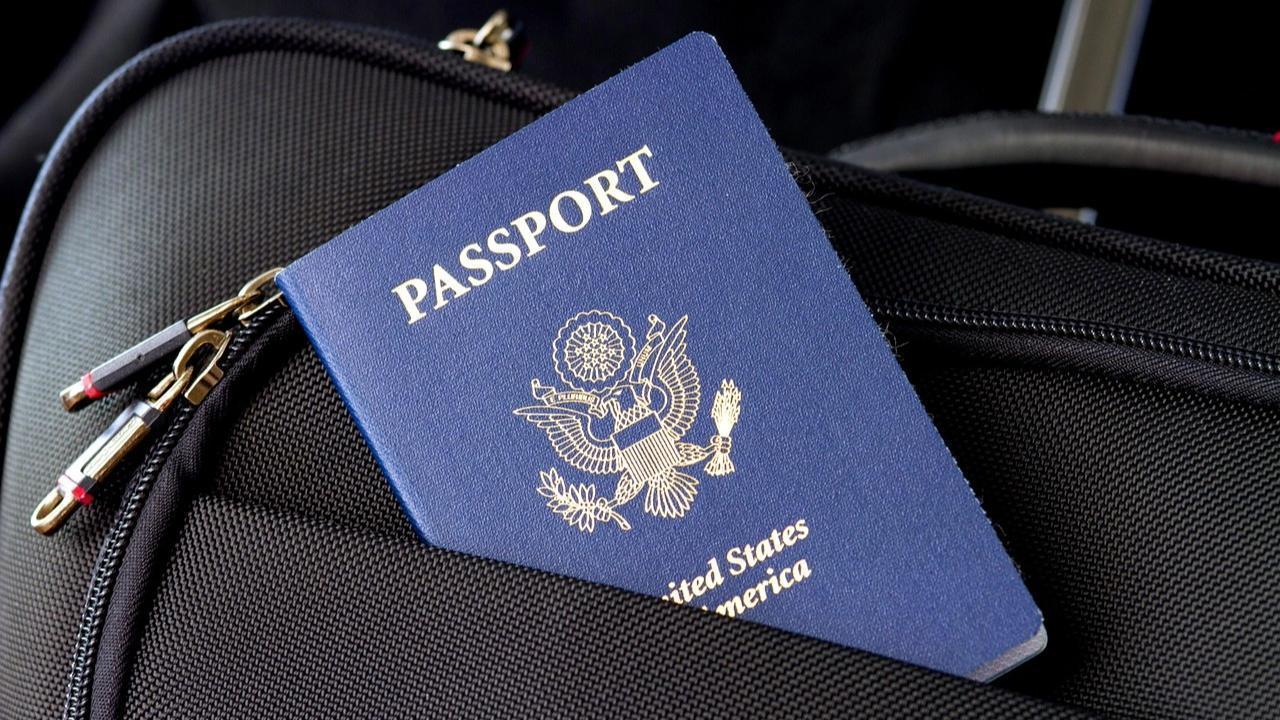You have not yet added any article to your bookmarks!

Join 10k+ people to get notified about new posts, news and tips.
Do not worry we don't spam!

Post by : Anis Farhan
Photo: Reuters
On June 18, 2025, the U.S. State Department announced a major shift: all F‑1 (student), M‑1 (vocational), and J‑1 (exchange) visa applicants must now list every social media handle they've used in the past five years—and set those accounts to public. Diplomats will comb through public posts, comments, “likes,” and follows, looking for signs of hostility toward the U.S., support for terrorism, antisemitic content, or other issues deemed national security threats.
If you refuse to comply—or if your account is private—consular officers may flag your application as evasive. That alone could trigger refusal or at least a delay in your visa process.
The U.S. government says it's modernizing its vetting procedures to better protect national safety. This is part of a broader push to scrutinize digital footprints and screen for extremist content.
However, critics slam the policy as overreach—one that chills free expression. From Far Eastern universities to European student unions, voices are warning that U.S. campuses could lose their status as havens for open, critical thinking. “This policy makes a censor of every consular officer,” warns Jameel Jaffer from Columbia’s Knight Institute
This isn’t just about U.S. policies. Applicants from countries like India, China, Mexico, and Vietnam are feeling the pinch . Many are delaying plans while national consulates update appointment systems to prioritize physicians and smaller campuses (under 15% international students).
The result? Longer wait-times, disrupted student plans, and from universities to families—heightened anxiety around future opportunities.
According to the State Department’s directive, officers will:
Review online presence, including social media and public databases (LexisNexis, news articles)
Prioritize applicants like J‑1 physicians and those attending smaller international programs
Take detailed notes and screenshots, then document any online content that suggests hostility or extremist support
Resume interviews—but with fewer slots and longer processing times due to increased vetting workload
If you're planning to apply for a U.S. student or exchange visa in 2025, there are some important new rules to follow—especially when it comes to your social media presence.
First, you must list every social media username you’ve used in the past five years on your visa application. If you skip this or leave something out, your visa could be denied immediately. The U.S. government wants full transparency.
Second, make sure that all your social media profiles—like Instagram, Facebook, X (formerly Twitter), or TikTok—are set to public. If your accounts are private or locked, visa officers might see that as a red flag and think you're hiding something.
Third, be careful about your online activity, even things you posted or liked years ago. Any comment, photo, or share that appears to support violence, discrimination, or anti-U.S. views could delay or harm your visa process. So, it’s smart to go through your old posts and delete anything that might be misunderstood.
Lastly, be ready for delays. Since the U.S. is now spending more time checking applicants’ online behavior, the visa process may take longer than usual. Appointments might get pushed back, and decisions could take extra time—so plan accordingly.
In short: your online presence now plays a big role in whether you get approved to study or visit the U.S. Clean it up, stay honest, and prepare early.
This policy has structural repercussions:
Chilling effect on speech: International students may censor their own opinions online.
Loss of talent: U.S. universities risk losing applications—and funding—from abroad.
Shredded trust: Aspirations may be hindered not by qualification, but by online past.
Diplomatic tension: Countries may view this as digital overreach in foreign relations.
As digital identity becomes part of national borders, we’re heading into a future where your online life is judged like your academics and health. If you're a prospective student, plan with caution: review your digital history now, prepare for delays, and be ready for tougher scrutiny.
America's new visa-social-media rule isn't just a shift in policy—it’s a signal. It shows that your digital footprint now matters as much as your grades. If you plan to study, teach, or exchange ideas in the U.S., prepare to be seen—and judged—online.
This article is prepared for informational and editorial use under Newsible Asia. It doesn’t constitute legal or professional advice. Data as of June 2025—subject to rapid change.










Sri Lanka Ex-Intel Chief Arrested Over Easter Attacks
Former SIS Chief Suresh Sallay arrested by CID in connection with the 2019 Easter Sunday bombings th

Japan Reports Spike in Measles Cases Authorities Issue Alert
Japan confirms 43 measles cases in early 2026, prompting health authorities to warn potential contac

Korea US Clash Over West Sea Drill Communication
Conflicting accounts emerge on prior notice briefing, and apology during Feb 18-19 US air exercise i

Richard Liu launches $690M eco-yacht brand Sea Expandary
JD.com founder Richard Liu invests $690M in Sea Expandary aiming to produce affordable green yachts

China imposes export curbs on 40 Japanese firms over military ties
Beijing restricts dual-use exports to Japanese companies, citing remilitarization concerns, promptin

Malaysia moves to protect Musang King durian amid China impostors
Authorities safeguard Malaysia’s Musang King brand as durians from Thailand and Vietnam are being fa